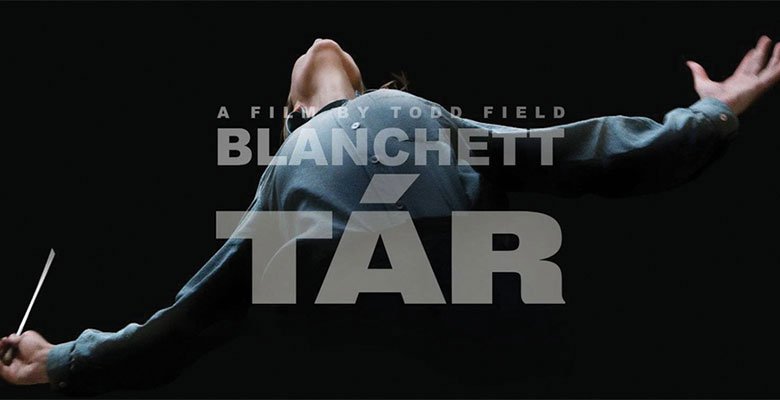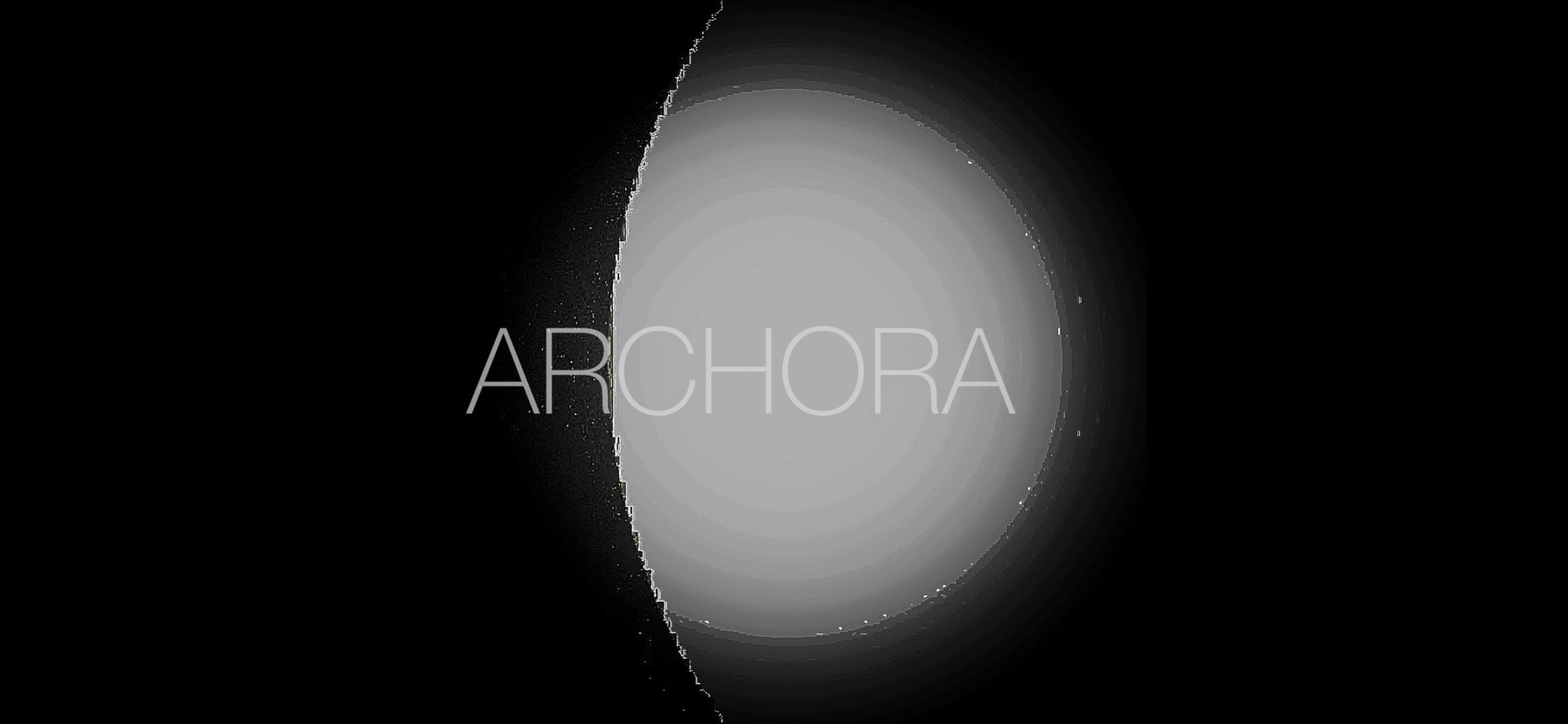But first, I saw the movie for the first time a couple of months ago (as it was starting to show in the UK), and then watched it again a couple of weeks later… I find the movie fascinating and intriguing. The film has so many layers, and I find it very interesting that it really does not seem to be "about" music or the genre of music within which the premise is set, at all — the world of music only seems to serve as a vehicle for the very creative layers and meanings that flow through the film. I know that it is possible and probably quite easy to interpret this film in many different ways and from various contrasting perspectives — and most likely this is the intended effect. One of the really powerful aspects is all the things that are hidden — are not said, not shown and not directly presented — and this is perhaps one of the strongest and most interesting part about this movie. It is such a powerfully presented portrait of darkness set in surreality, but the darkness and surrealism are also masterfully hidden, they are brilliantly hiding in plain sight, as they simmer underneath the ever so “ordinary” surface presented the whole time.
This is of course just my (very brief) take on the film, I was not involved in the making of it at all, so I say this as an observer — but I’ll move on to the questions and answers now.
The one that everyone asks :)
Did you know about this movie and the scene before it was featured?
yes, I did — in the summer of 2021 I got sent the pages from the Juilliard scene from the script when they were asking to licence Ró for the movie, with a brief description about the premise of the film. So at first I didn’t know much more than what was presented in the few pages from the script of this scene and found it really interesting and intriguing that someone was actually making a film like this — not from my own personal appearance or perspective but knowing that the film would be about a conductor! I had a couple of questions and was told, by the creative team, about the jealous and complicated nature of the main character. I asked if there would be other references to “real life people” in the movie, to which the answer was obviously yes. Seeing the movie then also confirmed my early sense that the film is so much bigger than any one of the many topics (and/or people) featured within it.
Do you know why they chose your piece in this scene?
This one is really difficult for me to answer as I was not a part of the process of making the script or the film — but what I have been told is that one of the main purposes was to trigger in specific ways the main character's bitter and ruthless competitiveness. I should also maybe include that I was told early on that Field has much respect for my music.
Were you offended, amused or neutral etc about your presence in the movie?
Seeing the film and knowing about the scene beforehand I did absolutely not feel offended or any such feelings at all, but I may have been slightly shy about it… :) Fundamentally I recognised that this was so much bigger and that here someone was making their art and presenting to me the vision to use one of my pieces (and yes, my name of course) in their art.
Reading the scene for the very first time, not knowing much about the whole film, I was really quite surprised to read my name in there of course, and having only seen the pages for the Juilliard scene and not the whole script, I did mention to the creative team, through my publisher, a concern that I found Max's perspective simplistically portrayed. But seeing the film, and from what I know Field has said about it, I interpret the scene - and much of the film, actually - as being very much entirely portrayed from the controlling and predominantly problematic perspective of Tár herself, characterized both by her persona and some of the values she has internalised - and that is how we see her perceiving Max's point of view irrespective of the more balanced conversation that could have taken place.
*
Here are some links that I have been sent where Todd Field very interestingly answers some questions about the movie and this scene in particular as well:
BBC (starts at min 7:50)
LA Times
Vanity Fair






